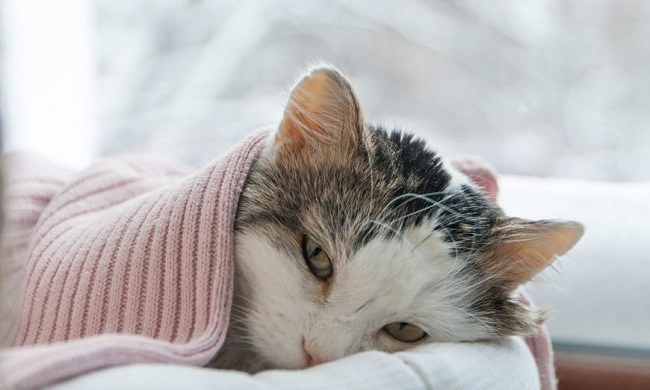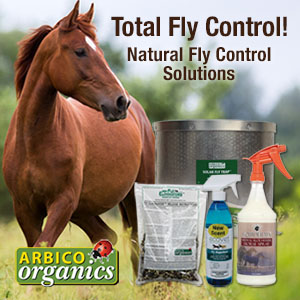
An astonishing number of products and things we routinely have around our homes and yards are poisonous to cats. Many are obvious because they are also toxic to people, but some of the other items may surprise you. We aren’t suggesting that you rid your home area from all these products but do make sure to keep them out of your animal’s reach. This does not list everything that can harm your cat. Minutes are critical to saving poisoned animals. If you even suspect your feline has consumed something poisonous consult a veterinarian or poison center immediately.
The American Society for the Prevention of Cruelty to Animals Animal Poison Control Center is available 24/7, 365 days a year. This is a free call 888-426-4435.
Household Items
Medications intended for people, including pain relievers, antihistamines, sleeping pills, diet pills, heart preparations and vitamins. Don’t give your cat any medication without your vet’s approval. Common household items that can harm your cat include non-steroidal anti-inflammatory medications like ibuprofen and aspirin, acetaminophen, cold and flu medications, vitamins, corrosives (acid and alkali) in household cleaners, drain cleaners and solvents, disinfectants, fabric softener, and nicotine in tobacco., household cleaning products, especially those with Phenol or pine oil, lighter fluid, mothballs, flea and tick products intended for carpets and upholstery, lime scale remover, drain cleaners, liquid potpourri and oven cleaner sprays.
Garage & Garden Items
Antifreeze (Ethylene glycol) is the most common cause of poisons ingested by cats, dogs and wildlife. They are attracted to it because of the taste or because its fluid, especially in winter when normal water sources freeze. One teaspoon can kill a cat. Some animals appear to recover then die of kidney failure. Symptoms include vomiting, loss of coordination, weakness, and unconsciousness. Lead in paints, linoleum, batteries, lead pipe, and lead fittings. Phosphorus in matches, matchboxes, and matchbooks, fireworks, and flares. Organophosphates and carbamates used in flea killers, garden and household insecticides, and some de-wormers. These can be absorbed through the skin. Petroleum products like gas and oil, chlorinated hydrocarbons in insecticides, de-icing salts, pesticides cocoa bean shell mulch fertilizer and moldy compost.
Other Animals
In general, certain reptiles exude a toxic fluid to repel predators. These toads and salamanders are particularly toxic: Florida the Marine Toad, Southwest U.S. and Hawaii the Colorado River Toad and California Newt. Some species of spiders, snakes and scorpions can deliver a potentially fatal bite. If you notice your cat has swelling on his face or body, or you can see evidence of a bite, get him to a veterinarian immediately. If you happen to kill the biter/stinger, bring it with you. Eating a rodent killed by common rat/mouse poisons can be lethal. A single dose of the anticoagulants in these products can kill a cat by damaging their kidneys.
Foods
Avocados, onions and onion powder and garlic call all be toxic. Alcoholic beverages are toxic to pets and should never be given to them. Chocolate and chocolate candy are poisonous to cats, the chemical theobromine is toxic to cats. Caffeine which is in coffee, tea, and soft drinks. Grapes, raisins, macadamia nuts, tea leaves, raw yeast dough, and salt along with moldy or spoiled foods. Fatty foods can damage a cat’s liver. Candy or anything sweetened with xylitol.
Plants
More than 700 house, garden and wild varieties of plants can contribute to feline poisoning. As a general rule, any plant that has a colored or milky sap is poisonous to cats. Keep in mind that cats (and especially kittens) don’t instinctively know that a plant is bad for them. They rely on their human caretaker to keep them out of harm’s way. Some of the more common poisonous plants include aloe, heavenly bamboo, amaryllis, honeysuckle, andromeda japonica, hurricane plant, Asian lily, hyacinth, asparagus fern, hydrangea, Australian nut, iris, autumn crocus, Jerusalem cherry, azalea, jimson weed, belladonna, kalanchoe, bird of paradise, lantana, bittersweet, lilies, black locust, lily of the valley, branching ivy, lupine, buckeye, marble queen, Buddhist pine, morning glory, caladium, mother-in-law calla lily, mountain laurel, castor bean narcissus ceriman, needlepoint ivy, clematis, cordatum, nightshade, corn plant, panda cyclamen, and peace lily.
Related Articles & Free Email Newsletter Sign Up
How to Identify & Treat Feline Urinary Tract Infection




Comment here